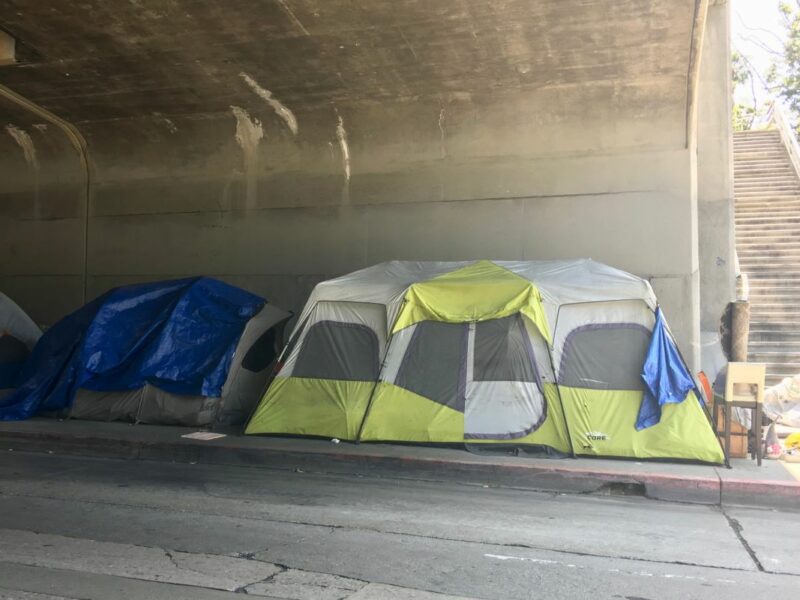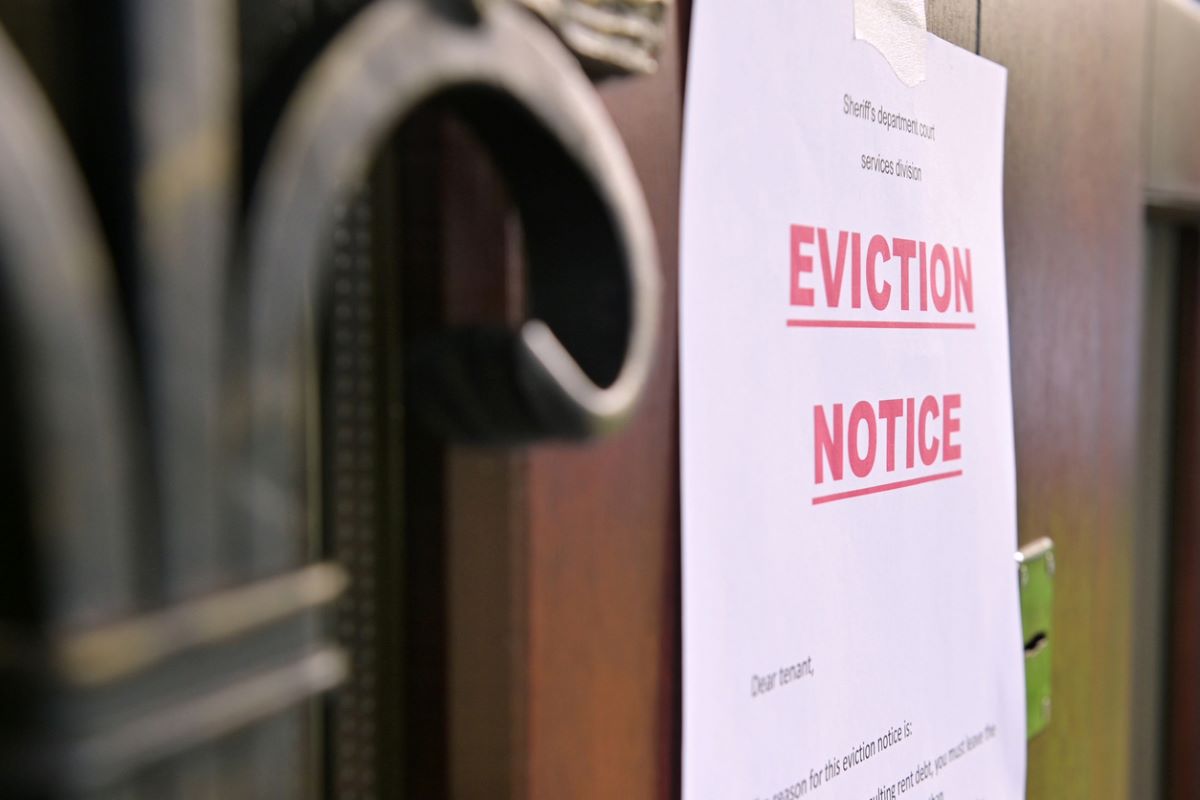If So, You Can File a Complaint Through the Consumer Financial Protection Bureau and the Federal Trade Commission.
To help reduce homelessness and the spread of COVID-19, the Center for Disease Control and Prevention placed a temporary but necessary ban on evictions. This ban was designed to aid the tens of millions of families who had become delinquent on their rent as mass unemployment swept the nation and threatened to upend the entire economy. The looming eviction crisis posed a threat to somewhere between 30 and 40 million American tenants at its peak.
The implications of this cannot be understated. It would have meant a massive increase in the following:
- Family homelessness
- Elderly homelessness
- Youth homelessness
- Vehicular homelessness and more
As the fast-moving virus took the nation by storm, everyday American workers became increasingly aware of how vulnerable they were to homelessness. They applied pressure to politicians and lawmakers. Their voiced concerns were met with actual, life-saving actions. Eviction moratoriums, however temporary, significantly curbed homelessness from eviction, preventing COVID- related infections and fatalities.
A study released by Nature Communications earlier this year made the following claim:
“Our analysis demonstrates that evictions can have a measurable impact on the spread of SARS-CoV-2 in cities and that policies to stem them are a warranted and important component of epidemic control.”
The Negative Impact of Violating and/or Flat-Out Ignoring the Eviction Moratorium
Just as abiding by the eviction moratorium is statistically proven to save lives, violating it runs the risk of causing death.
A morbid fact indeed, but true nonetheless.
In fact, at least 10,700 COVID-related deaths and 433,700 instances of infection are directly attributed to illegal evictions that took place despite these safety measures being slated into law.
For this reason and many more, landlords who violate the eviction moratorium should be held accountable. It may not feel like the right thing to do at first, but letting these infractions slide could have severe repercussions for renters all across the United States.
What To Do if Your Landlord Violated the Eviction Moratorium
Please know that if your landlord violated the eviction moratorium, this means they broke the law and put your life and the lives of everyone in your household in grave danger. If they committed this criminal act against you, it is highly likely they are doing it to others as well.
Forcing people into homelessness by way of illegal eviction is by no means a victimless crime. Homelessness ruins lives, breaks up families and drives hardworking Americans into endless cycles of poverty from which they are unlikely to emerge.
If your landlord was greedy enough to commit this atrocity, you should file a complaint against them immediately.
The Process: Understanding Your Rights as a Tenant
To qualify as a tenant who can legally file a complaint, you must be sure the eviction moratorium covered you at the time of your unlawful eviction. Requirements for eligibility are as follows:
- You expect to earn below the income threshold for the 2021 calendar year. That threshold stands at $99,000 for individuals and $198,000 for married couples.
- You have experienced a “substantial” loss of income or incurred “extraordinary” medical expenses that posed the financial hardship leading up to your delinquency
- You have done your best to obtain rental assistance and to pay whatever past due rent you could afford
- Eviction would likely cause a state of homelessness for you and anyone living in your place of residence
- You submitted a declaration of moratoria, which is also referred to as a CDC declaration
* Important Notes:
If you did not submit a CDC declaration and need to, you can access that form here.
You do not need to submit a form for each month you are delinquent. You need only submit the form once.
Your delinquency must be the result of financial and/or medical hardship, but it does not have to be related to COVID-19.
Repercussions for Landlords
Landlords stand to lose a lot if they choose to break the law in such a manner as to cause widespread eviction. Corporate entities that manage large portfolios of properties could incur fines upwards of $200,000 per violation. Individuals could be penalized by fines, imprisonment, or both.
All of this legislation was scribed into law to protect tens of millions of tenants from becoming evicted and forced into the horrors of homelessness.
We have all been subliminally taught that we should give the benefit of the doubt to large corporations in times of tribulation. What we have witnessed, however, time and again, is that corporate entities show little to no empathy for the very people upon whose backs this country has been built.
Moving to evict tenants during an unprecedented health scare, at a time of mass unemployment and economic devastation, and at the risk of ending their lives in the process, is yet another example of that lack of empathy.
There are tens of billions of dollars in rent relief available for tenants and landlords alike to access. Under the circumstances, there is no excuse for carrying out these evictions aside from blatant greed.













